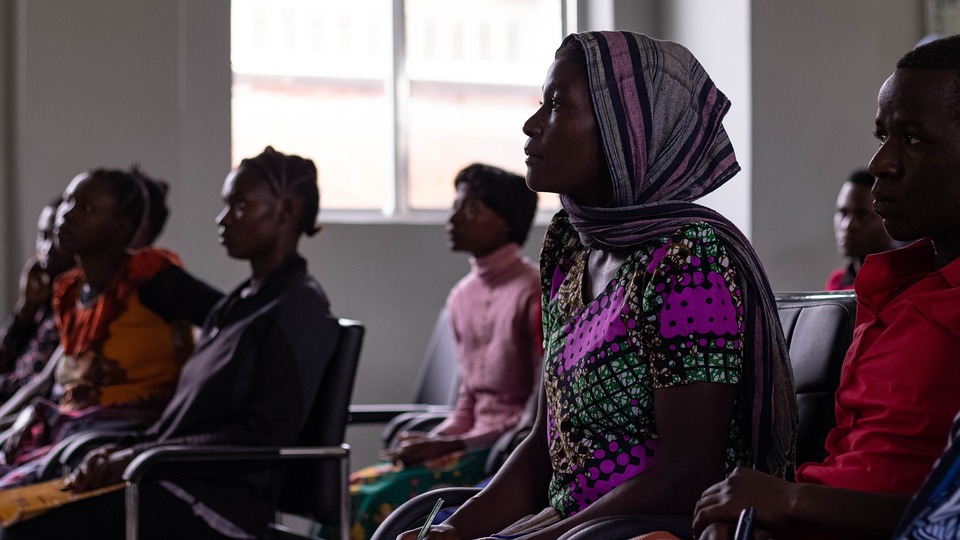Diversity and Representation in Global Cinema
In recent years, the topic of diversity and representation in the film industry has become increasingly important. This includes not only representation of different races and ethnicities, but also gender, sexual orientation, age, ability, and more. As the world becomes more interconnected through technology, it is crucial for cinema to reflect the diverse array of experiences and identities that exist globally.
The Importance of Diversity in Cinema
Diversity in cinema is important for a number of reasons. First and foremost, it allows for a more accurate representation of the world we live in. By including characters and stories from diverse backgrounds, filmmakers can provide audiences with a more nuanced and realistic view of society. This can help to break down stereotypes, challenge prejudices, and promote empathy and understanding between different groups of people.
Furthermore, diversity in cinema can also have a positive impact on viewers from underrepresented communities. Seeing themselves reflected on screen can be empowering and validating for individuals who may not often see people who look like them in mainstream media. It can also help to inspire future generations of filmmakers and storytellers from diverse backgrounds to pursue their dreams and share their own unique perspectives.
The Role of Global Cinema in Diversity and Representation
Global cinema has a unique role to play in promoting diversity and representation on screen. As audiences become more connected through streaming services and social media, there is an increasing demand for films that reflect the experiences of people from all corners of the world. Global cinema offers an opportunity to explore different cultures, languages, and traditions, and to tell stories that may not be commonly seen in mainstream Hollywood productions.
One example of global cinema that has made strides in representation is the South Korean film industry, which has gained international acclaim in recent years. Films like “Parasite” and “Minari” have not only been successful at the box office, but have also won critical praise for their diverse casts and authentic storytelling. These films have introduced audiences around the world to Korean culture and perspectives, helping to broaden the scope of what is considered “mainstream” cinema.
Challenges and Opportunities for Diversity in Cinema
Despite the progress that has been made in recent years, there are still challenges to overcome in promoting diversity and representation in global cinema. One major obstacle is the lack of opportunities for filmmakers from underrepresented communities to tell their stories and have their work seen by a wider audience. This is often due to systemic barriers within the film industry, such as limited funding, distribution, and marketing resources for films that do not fit the traditional Hollywood mold.
However, there are also opportunities for positive change in the film industry. The rise of streaming platforms like Netflix and Amazon Prime has created new avenues for independent filmmakers to reach a global audience with their work. These platforms have also begun to invest in diverse storytelling, recognizing the value of representing a wide range of experiences and perspectives on screen.
Conclusion
In conclusion, diversity and representation in global cinema are essential for creating a more inclusive and empathetic society. By telling stories that reflect the full spectrum of human experiences, filmmakers can help to break down barriers, challenge stereotypes, and promote understanding between different communities. Global cinema has a unique role to play in this effort, as it allows us to explore a wide range of cultures and viewpoints from around the world.
While there are still challenges to overcome, there are also opportunities for positive change in the film industry. By supporting diverse storytellers and promoting their work, we can help to create a more vibrant and inclusive cinematic landscape for generations to come.



